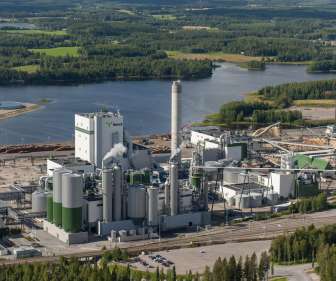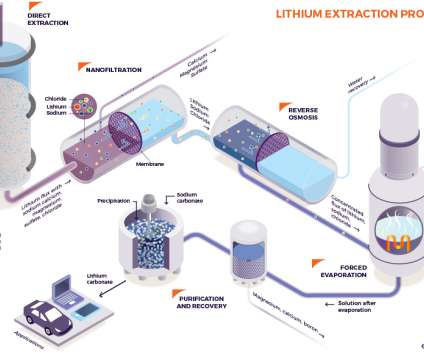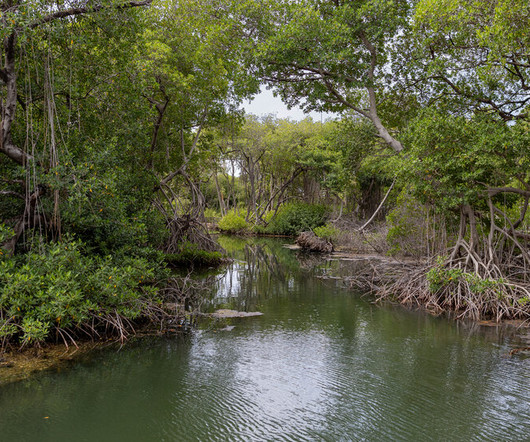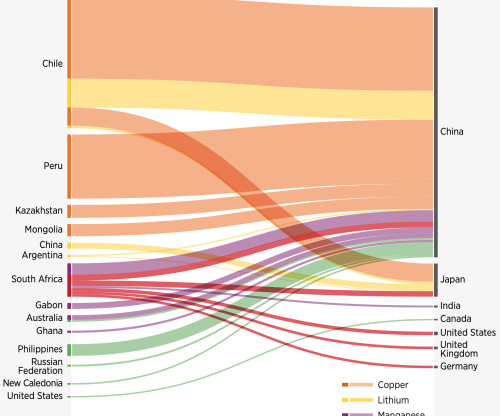Veolia launches largest project to produce bio-methanol from pulp mill waste
Green Car Congress
APRIL 7, 2022
Since then, Veolia has more than 450 installations worldwide for mills in Brazil, Indonesia, China, Japan, Australia, South Africa and several European countries. Veolia Group designs and provides solutions for water, waste and energy management.






















Let's personalize your content